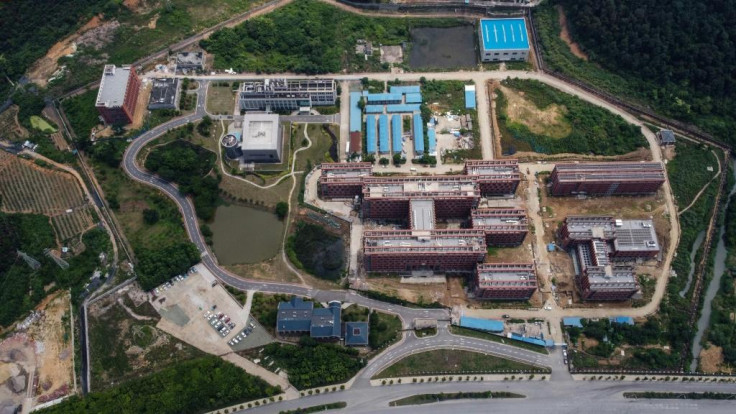Wuhan scientists and Chinese military created Covid-19, reveals shocking report
Several experts have previously claimed that the virus leaked from the Wuhan Institute of Technology.

Over the last few years, governments, scientists, investigators, and various organisations have been trying to find the origin of the COVID-19 pandemic.
Several theories have cropped up, but conclusive evidence has been difficult to come by so far. Now, a new report into the origin of the pandemic has claimed that Chinese scientists were working on a secret project at the infamous Wuhan lab before COVID-19 hit the world.
According to an investigation by The Sunday Times, scientists in Wuhan were working in collaboration with Chinese military researchers to combine the world's most deadly viruses.
It adds that the experiment may have caused a leak from the Wuhan Institute of Virology, which led to the novel coronavirus outbreak.
The publication claims that it analysed hundreds of documents, including confidential reports, internal memos, scientific papers, and email correspondence, for its investigative report.
It further stated that the Chinese scientists were conducting risky experiments on coronaviruses collected from bat caves. They managed to find a new type of coronavirus in a mine shaft in Mojiang, Yunnan Province; however, they did not warn the world about the virus.
The reports and communications related to the experiments became classified, ensuring that the task could be carried out in secret.
The US investigators believe that the programme was meant to make the virus found in Yunnan more infectious to humans, leading to the creation of COVID-19. They also concluded that the virus leaked from the Wuhan lab in an accident.
"It has become increasingly clear that the Wuhan Institute of Virology was involved in the creation, promulgation, and cover-up of the COVID-19 pandemic," one of the investigators said.
BOMBSHELL REPORT: US investigation reveals Scientists working at Wuhan Institute of Virology worked SIDE-BY-SIDE WITH CHINESE MILITARY - 'Were combining world's most deadly coronaviruses to create mutant strain CAPABLE OF SPARKING A PANDEMIC just before the Covid outbreak began'.
— Chuck Callesto (@ChuckCallesto) June 11, 2023
"Despite presenting itself as a civilian institution, the United States has determined that the Wuhan Institute of Virology has collaborated on publications and secret projects with China's military. The Wuhan Institute of Virology has engaged in classified research, including laboratory animal experiments, on behalf of the Chinese military since at least 2017," adds the report.
The report comes days after the former head of China's Centre for Disease Control (CDC), Professor George Gao, claimed that the lab leak theory should not be ruled out.
Gao's claims hold significance as he was among the top Chinese government scientists who led China's COVID response. He made the revelations during an interview with the BBC Radio 4 podcast "Fever: The Hunt for COVID's Origin."
"You can always suspect anything. That's science. Don't rule out anything," he said during the interview.
Gao went on to add that the Chinese government did initiate an investigation into whether the virus originated from the lab in Wuhan and that "it was double-checked by the experts in the field." He did not exactly reveal what actions were taken by the government but indicated that the Chinese government "organised something" to investigate the Wuhan Institute of Virology.
This is the first time that a Chinese scientist who worked so closely with the government has made any claims about a probe into the origin of COVID-19. He further stated that the probe did not find anything wrong.
"I think their conclusion is that they are following all the protocols. They haven't found [any] wrongdoing," Gao added. Professor Gao is currently serving as the vice president of the National Natural Science Foundation of China after retiring from the CDC.
It has been claimed time and again that the virus leaked from the Wuhan Institute of Technology. The World Health Organisation (WHO) also has claimed that China has not been open to data sharing.
The organisation's chief, Tedros Adhanom Ghebreyesus, has publicly asked China to provide data from the early days of the pandemic. The health agency believes that China has far more data than it shares. "Without full access to the information that China has... all hypotheses are on the table," said WHO chief Tedros Adhanom Ghebreyesus.
© Copyright IBTimes 2025. All rights reserved.





















